All Stories
-
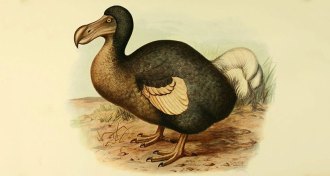
-
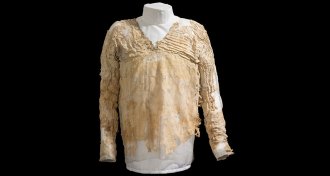 Archaeology
ArchaeologyTailored Egyptian dress is the oldest ever found
A pleated dress found in an ancient Egyptian cemetery called Tarkhan was cut, fitted and tailored between 5,400 and 5,100 years ago.
By Bruce Bower -
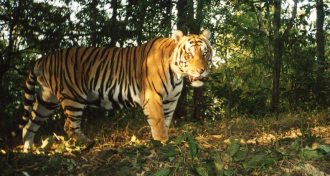 Animals
AnimalsTiger protection in Thailand produces results
Despite good efforts, the goal of doubling the global tiger population by 2022 looks impossible.
-
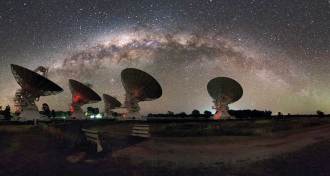 Astronomy
AstronomyFast radio burst tracked to its galaxy of origin
After years of searching, astronomers finally track an elusive cosmic radio signal to its home: a galaxy about 6 billion light-years away.
-
 Earth
EarthReaders respond to blue tarantulas, multiparticles and white outs
Readers respond to the January 9, 2016 issue of Science News with thoughts on blue tarantulas, multiparticles, and avalanches.
-
 Cosmology
CosmologyCelebrating a new way to listen to the universe
Editor in Chief Eva Emerson reflects on the detection of gravitational waves as a historic moment for physics.
By Eva Emerson -
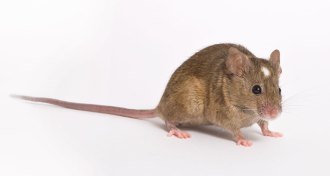 Genetics
Genetics‘Selfish’ DNA flouts rules of inheritance
R2d2 is selfish DNA that could skew scientists’ views of adaptation and evolution.
-
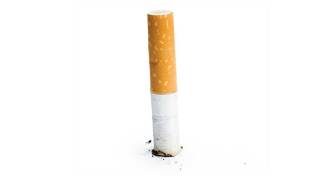 Health & Medicine
Health & MedicineThere’s more than one way to quit smoking
Three therapies to quit smoking are all about equally effective in the long term, a new study finds.
By Meghan Rosen -
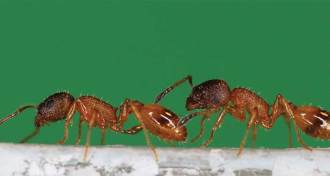 Animals
AnimalsRock ant decisions swayed by six-legged social media
When rock ants start influencing each other with one-on-one social contact, a colony’s collective decisions can change.
By Susan Milius -
 Oceans
OceansGreat Barrier Reef acidification predictions get worse
New simulations suggest that ocean acidification poses an even greater threat to the Great Barrier Reef than suspected.
-
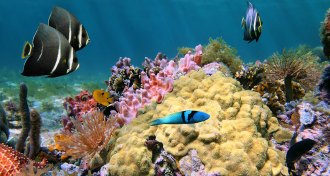 Oceans
OceansCorals need to take their vitamin C
Newly settled corals use vitamin C to help build their stony skeletons, researchers propose.
-
 Oceans
OceansGulf oil spill could hasten corrosion of shipwrecks
Oil from the Deepwater Horizon disaster could hasten the corrosion of historical shipwrecks in the Gulf of Mexico, new studies of marine microbes suggest.